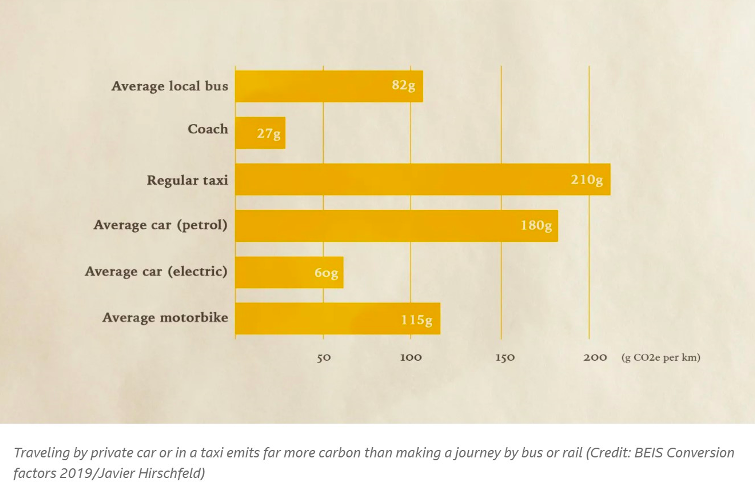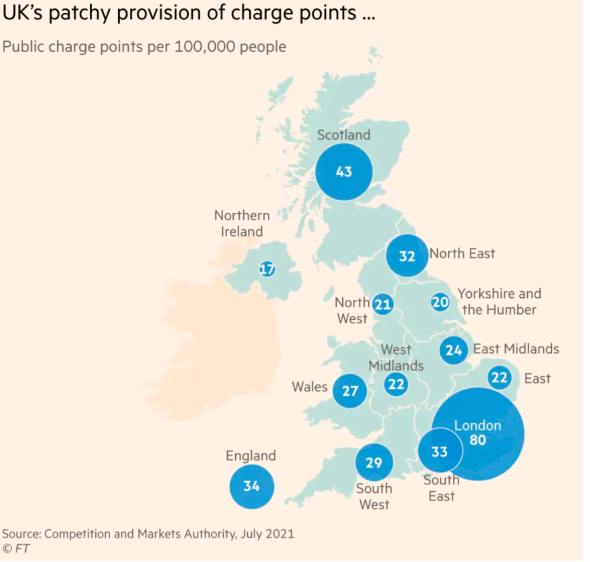The ongoing fuel crisis has aroused many consequences, such as being the push for people to buy an electric vehicle, or more wild ones such as instating panic buying in the British public. As this isn’t the only fossil fuel crisis happening, it’s been brought to the nation’s attention that we must take action and change our reliance on fossil fuels.
The Environmental Minister, Zac Goldsmith stated that ‘The petrol crisis is a “good lesson” on the need to end our dependence on fossil fuels and accelerate the switch to electric vehicles.’ Adding that ‘there is a need to “unhook” from our dependence on fossil fuels’. Advocating our need to make a change to electric vehicles, which will also be beneficial for reaching the 2030 goal Boris Johnson set out to ban all petrol and diesel bans. This switch had already started with the expansion of London’s ultra-low emission zone, but the fuel crisis is just exacerbating the problem, so the switch is boosted.
It’s already visible that people have taken rapid action inquiring into electric vehicles. Carwow found on the 24th of September that searches for electric vehicles increased by 28%, on the 25th, by 43%, and on the 26thby 56%. They also found their electric vehicle advice hub visits had grown by 94% in a week. From the analysis of Google search data on the 24th of September, it was found the enquiries had surged by 1600%. This is the first few days of the crisis, so we can only assume by now this has increased even more, and it’s been shown there have been an increase in sales already.

As well as environmental benefits of electric cars being less greenhouse emissions produced, as seen in the graph above, there is also a financial benefit. Rising fuel prices will be dodged by electric vehicle owners, as pump prices have reached their highest level in eight years, with some petrol stations exceeding that. There are also huge tax benefits for small businesses, and tax relief for new purchasers; capital allowances on the car for the first year are set at 19%, so if a vehicle costs £100 000 you’d receive £19 000 in tax relief.

The UK will need to improve provisions of electric car charging points, and maybe decrease tax for electric vehicles, whilst raising them for petrol and diesel cars like Norway (who have the highest majority of electric cars per person). In addition, by introducing a car scrapping fee, the demand for electric vehicles may escalate a step further. Currently, we can see the uneven distribution of electric car charge point in the UK is a problem, but with this whole fuel crisis highlighting how important electric vehicles are, both the government, and people buying electric vehicles will hopefully take more rapid action to implement them. Electric vehicles are the easiest way people can decrease their carbon footprint, and transportation contributes to around 25% of the world’s greenhouse gas emissions, so the switch to electric vehicles won’t go unnoticed.
